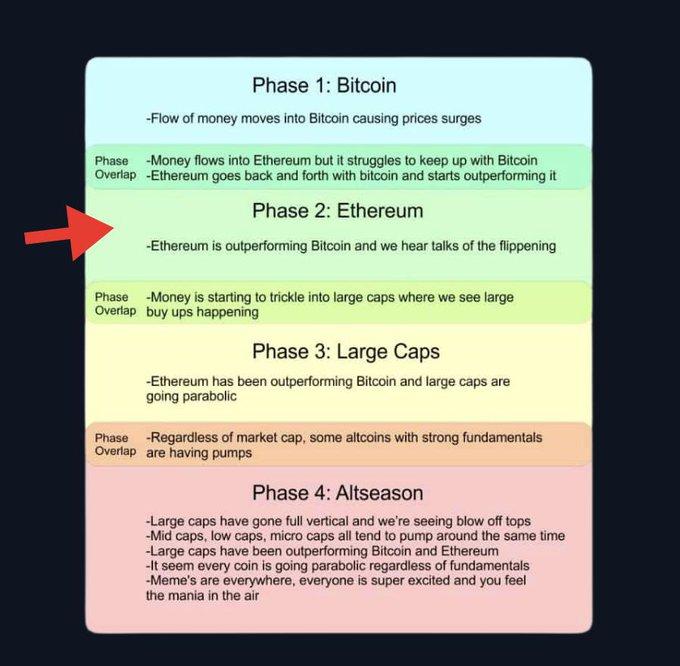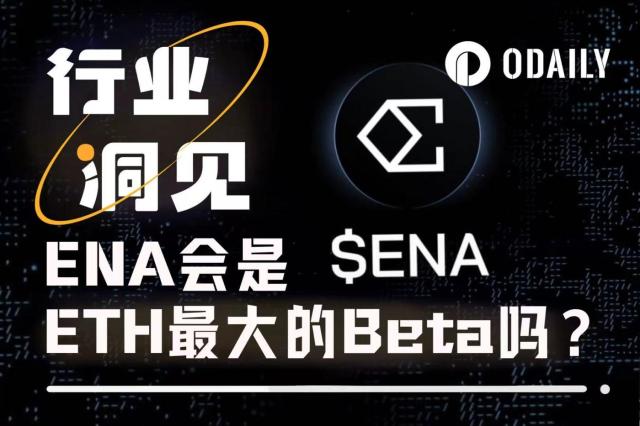Block Inc., the fintech company led by Twitter co-founder Jack Dorsey, is set to join the S&P 500 this week, marking the second crypto-facing firm to be added to the index in less than a year.
Block’s move follows Coinbase’s addition to the index in May, when it replaced Discover Financial Services. Block will replace Hess Corp.
It is expected that Dorsey’s company will be listed on Wednesday, the company announced on Friday, replacing Hess Corp, an oil and gas firm being acquired by Chevron.
The S&P 500 is a widely followed U.S. equity index that includes 500 of the largest publicly traded companies by market capitalization.
Companies must meet criteria on profitability, liquidity, and trading volume to qualify, making Block's inclusion a marker of its financial and operational maturity.
While Coinbase is a pure-play crypto exchange, Block integrates Bitcoin into its broader fintech ecosystem, offering exposure through consumer and merchant-facing products.
Still, Block is one of the first few companies to adopt a Bitcoin Treasury strategy, and is listed as one of the top ten public companies holding Bitcoin on their balance sheets.
“Block's S&P 500 inclusion is just another example of how crypto companies are now becoming a mainstream staple of markets,” Robbie Ferguson, co-founder and president of blockchain infrastructure developer Immutable, told Decrypt.
Citing examples such as stablecoin issuer Circle’s U.S. public debut, as well as the increased interest among financial institutions, Ferguson observes a "wholesale change" where crypto-facing firms are becoming accepted in traditional finance, at least in the U.S. and North America, as a result of regulatory developments.
Last week, President Trump signed the GENIUS Act into law, mandating federal agencies to support the adoption of blockchain technologies such as stablecoins and classify certain digital assets as critical infrastructure.
Stablecoins are digital assets pegged to the U.S. dollar that offer an anchored medium for trading and settlement between crypto and fiat currencies
Over the years since its establishment as Square Inc., Jack Dorsey's Block has developed and enabled Bitcoin purchases and transfers via Cash App, launched a self-custody wallet, and holds over 8,500 BTC on its balance sheet, according to data from Bitcoin Treasuries.
It also funds open-source Bitcoin development through Spiral and is building decentralized identity and infrastructure tools under its TBD division.
Block’s inclusion in the benchmark index “isn’t just a balance sheet play, it's a brand pillar,” Hang Huang, CEO of quantitative trading firm Kronos Research, told Decrypt. The move “signals TradFi’s growing trust in crypto-aligned companies and the steady adoption of blockchain-backed infrastructure,” he added.
In April last year, Block launched a Bitcoin investment “blueprint” that allows it to automatically allocate 10% of its gross profit from Bitcoin-related products into Bitcoin each month. Block frames its strategy as part of a broader mission of “global economic empowerment.”







